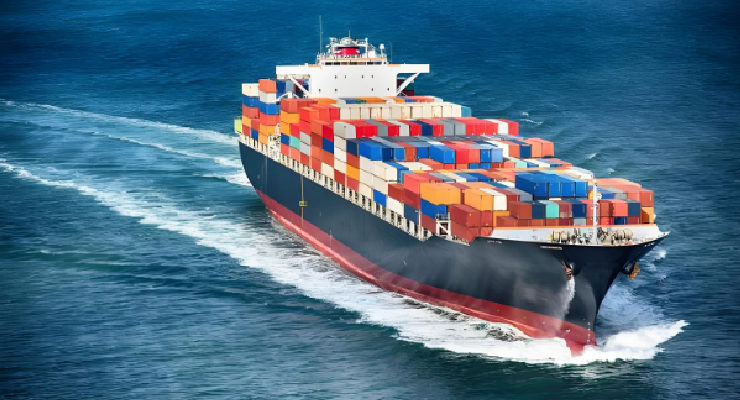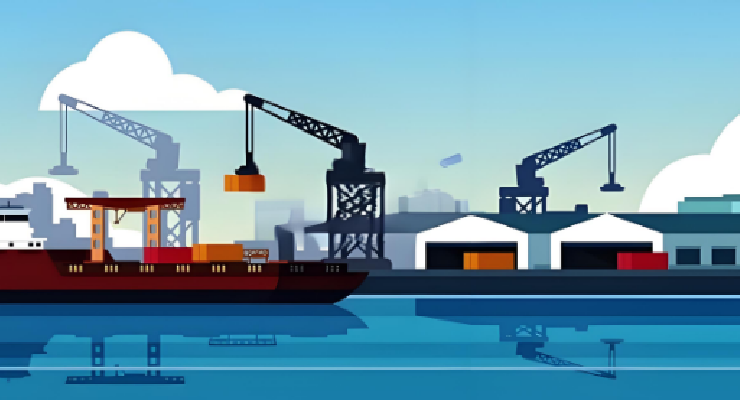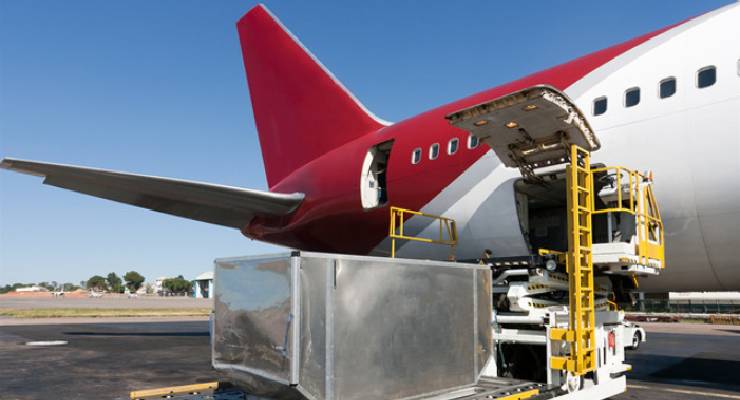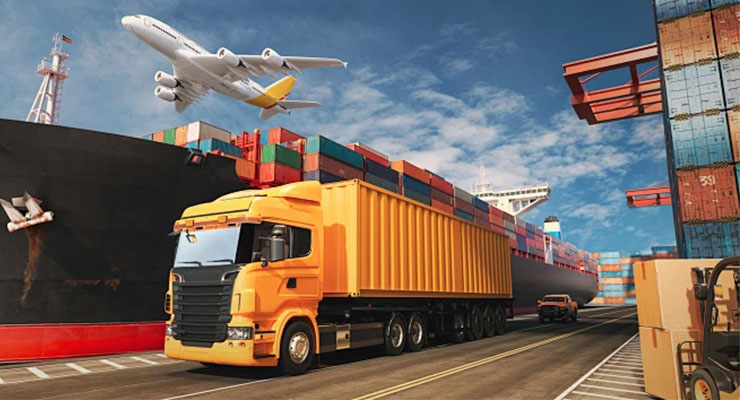
In international trade, FOB (Free on Board) is a common trade term used to determine the respective responsibilities and costs of the buyer and seller during the transportation process. There are two common forms of FOB: FOB place of shipment and FOB destination. This article will introduce the concept, advantages, disadvantages and differences of these two FOB terms in detail.
What is FOB shipping point?
FOB shipping point means that when the goods arrive at the shipping point (usually the seller's factory or warehouse), the ownership and risk of the goods are transferred from the seller to the buyer. The seller is responsible for loading the goods onto the means of transport (such as ship, truck or train), and thereafter the risk and cost of transport is borne by the Buyer.
Advantages of FOB shipping point
Reduction of Seller's liability: The seller is solely responsible for the delivery of the goods and is not responsible for the risks and costs during transportation.
Cost control: Buyers can choose their own transportation mode and carrier to control transportation costs.
Streamlined processes: Sellers do not have to deal with complex international shipping and customs clearance procedures.
Disadvantages of FOB shipping point
Buyer's increased risk: After the goods are shipped, the buyer is responsible for all risks during the transportation process, including damage, loss, etc.
Complex logistics management: Buyers need to manage their own international logistics and customs clearance processes, which increases the difficulty of operation.

What is the FOB destination?
FOB destination delivery means that when the goods arrive at the destination (usually the buyer's warehouse or the designated place), the ownership and risk of the goods are transferred from the seller to the buyer, and the seller is responsible for all costs and risks in the transportation process until the goods are safely delivered to the buyer.
Advantages of FOB destination
Reduce the buyer's liability: The buyer does not have to bear the risk of transportation before the arrival of the goods, reducing the difficulty and risk of operation.
Shipping security: The seller is responsible for the shipping process and usually selects a reliable carrier to ensure the safety of the goods.
Streamline the procurement process: Buyers do not have to deal with international shipping and customs clearance processes, and simply wait for goods to arrive.
Disadvantages of FOB destination
Increased liability of the Seller: The seller needs to bear all risks and expenses in the transportation process, which increases the liability and cost.
Cost opacity: Buyers have weak control over transportation costs, which can lead to an increase in total procurement costs.
Complex processes: Sellers need to deal with complex international logistics and customs clearance procedures, adding to the difficulty of operation.
Difference between FOB shipping point and FOB destination
The fundamental difference between FOB shipping point and FOB destination is who owns the goods in transit and who pays and manages the transportation costs and risks.
Under FOB shipping point, the buyer assumes ownership, cost and risk once the goods leave the seller's location.
Instead, under FOB destination, the seller retains ownership and responsibility until the goods arrive at the place designated by the buyer.
Risk transfer point
FOB Point of shipment: Risk is transferred from seller to buyer at the point of shipment.
FOB Destination: Risk is transferred from seller to buyer at destination.

expense
FOB Shipping place: The seller shall bear the transportation cost, the buyer shall bear the transportation cost and risk.
FOB destination: The seller shall bear the transportation costs and risks, and the buyer shall bear the costs and risks after the goods arrive at the destination.
Scope of responsibility
FOB Point of Shipment: The Seller's responsibility is limited to loading the goods onto the carrier.
FOB destination: The seller's responsibility covers the entire transportation process until the goods are safely delivered to the buyer.
Some common questions about FOB
Who pays the freight at FOB shipping point?
In a FOB point of shipment agreement, the seller pays all transportation costs and expenses to transport the goods to the port of origin. After the goods arrive at the place of origin and are loaded on board, the buyer will be responsible for the costs of transporting the goods, such as duties, taxes and charges.
Who bears the risk of FOB shipping point?
The Seller shall bear the risk until the goods arrive at the place of shipment, and the buyer shall bear the risk after shipment. If the goods are damaged in transit, the loss shall be borne by the buyer.
Is FOB destination better for buyers?
FOB destination is more advantageous for buyers. The buyer is not responsible for the goods in transit; As a result, the buyer is usually not responsible for paying the shipping costs. Buyers can also defer ownership until the goods are delivered to them, allowing them to conduct an initial inspection to document any damage or problems before actually accepting the goods.
Does FOB mean free shipping?
FOB stands for "Free on board" or "Freight on board". This term is used to indicate that ownership of the goods belongs to the buyer and seller during the carriage of the goods. FOB does not explicitly mean that the shipment is free of charge.
The case we did
FOB Sea Freight from Nansha to Sharjah
FOB SEA CARGO SERVICE NINGBO TO JEBEL ALI
FOB Ocean Cargo Shipping Nansha to Jebel ali
FOB Ocean Shipment Transport China to USA
summarize
FOB shipping point and FOB destination are two common trade terms, each with its own advantages and disadvantages. The buyer and seller should choose the appropriate terminology according to their needs and capabilities. FOB shipping points are for buyers who have the ability to manage international logistics, while FOB destinations are for buyers who want to streamline processes and reduce risk. In the selection, both parties should clarify the content of the term and the division of responsibilities to avoid subsequent disputes.







